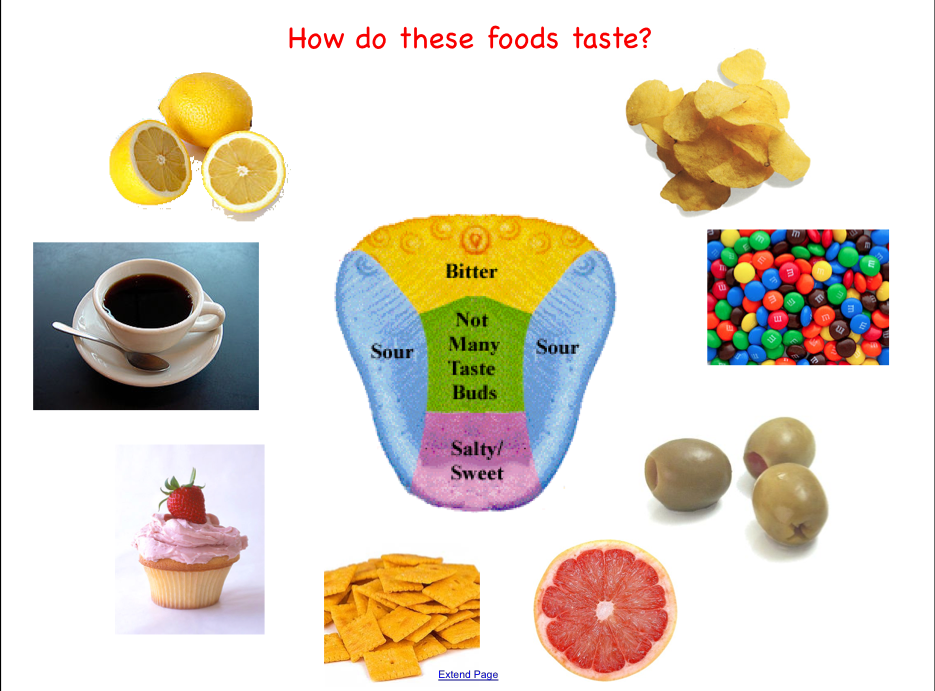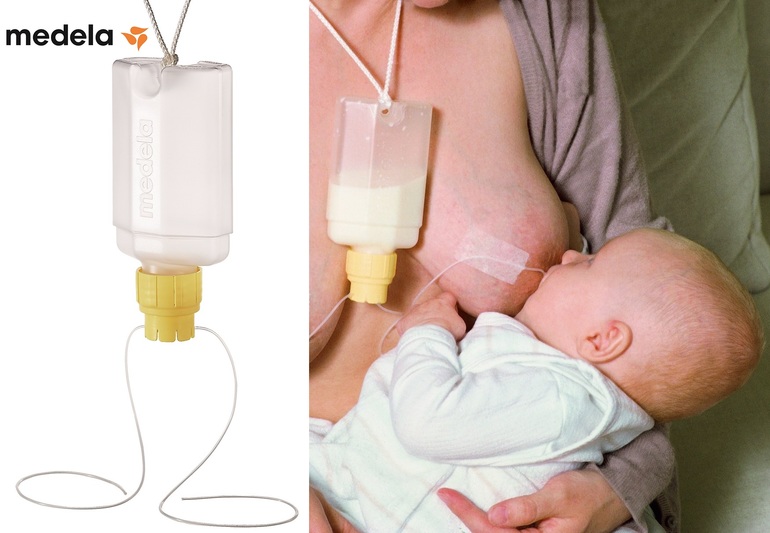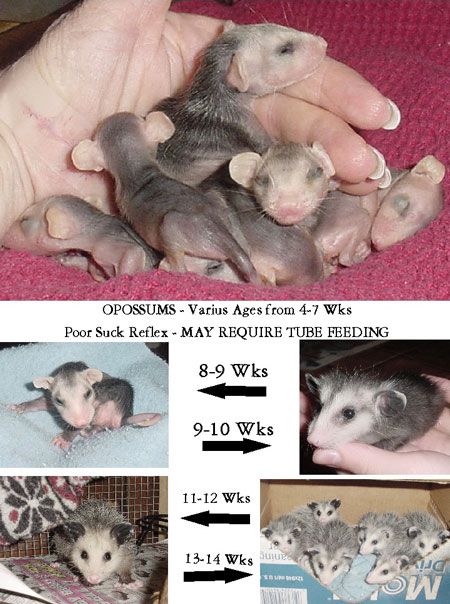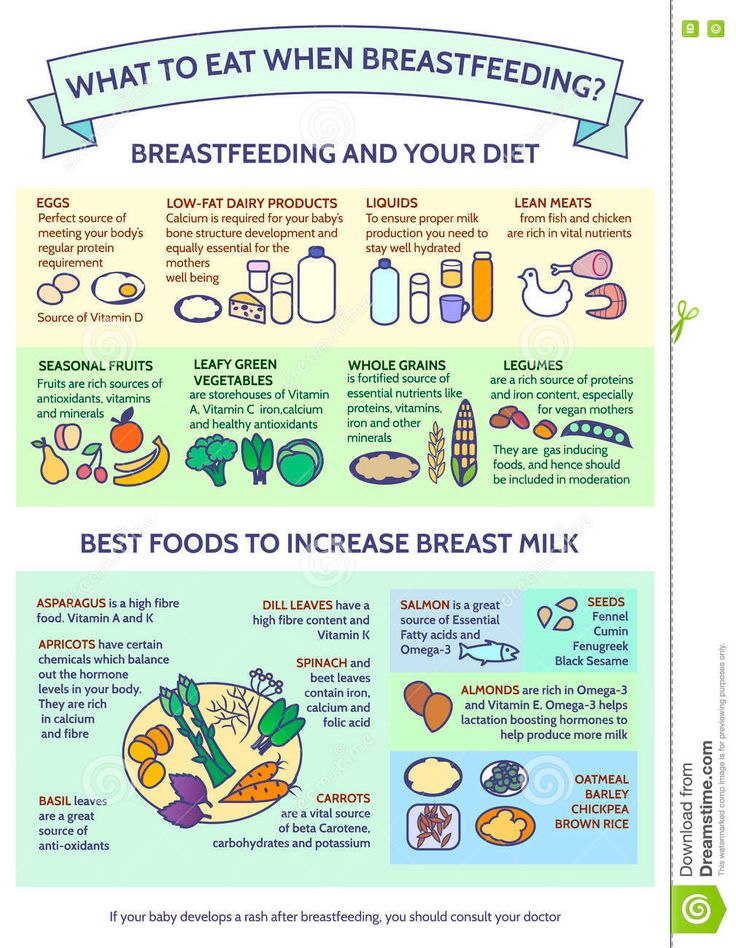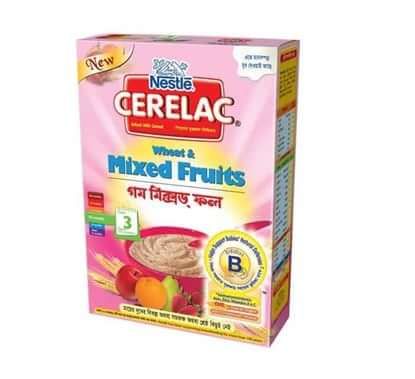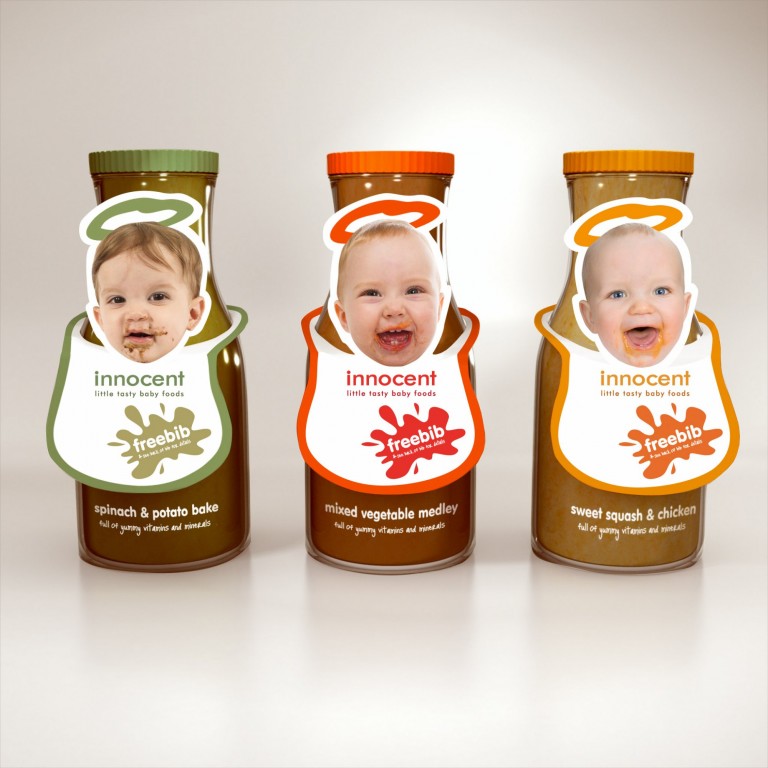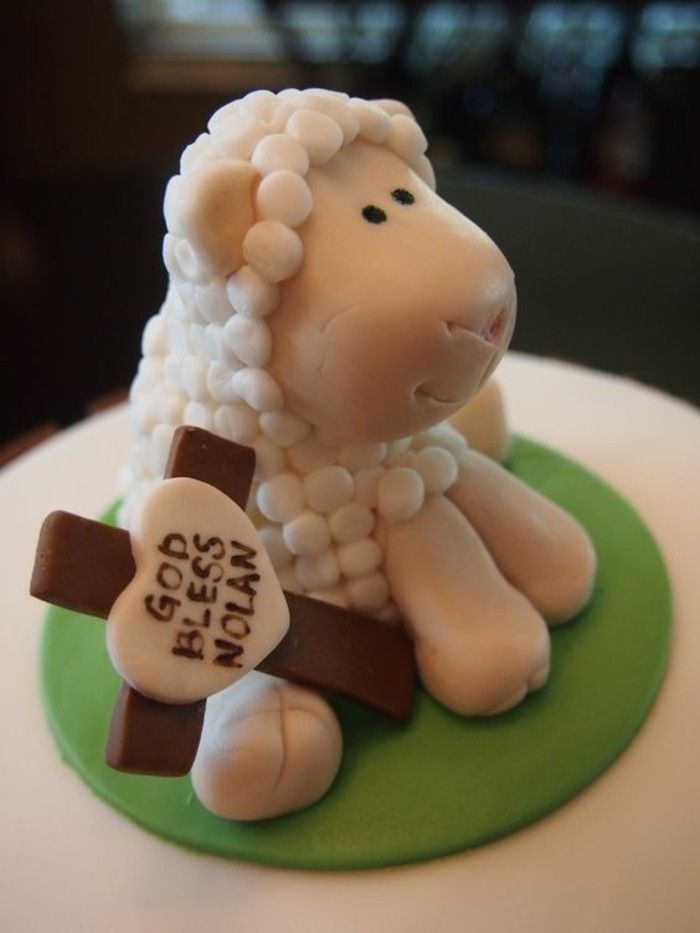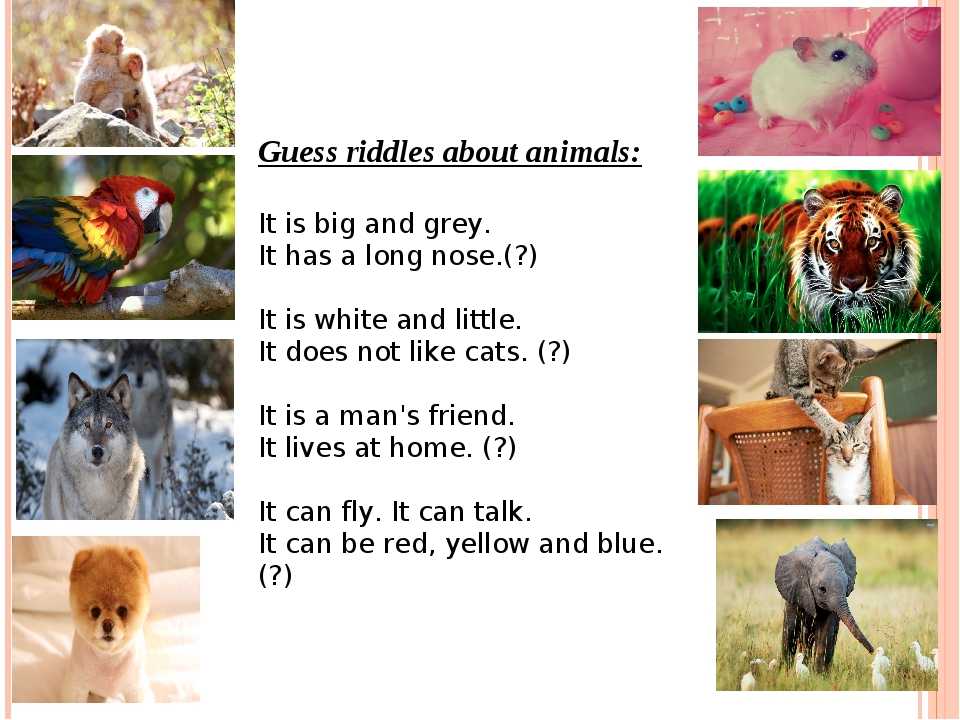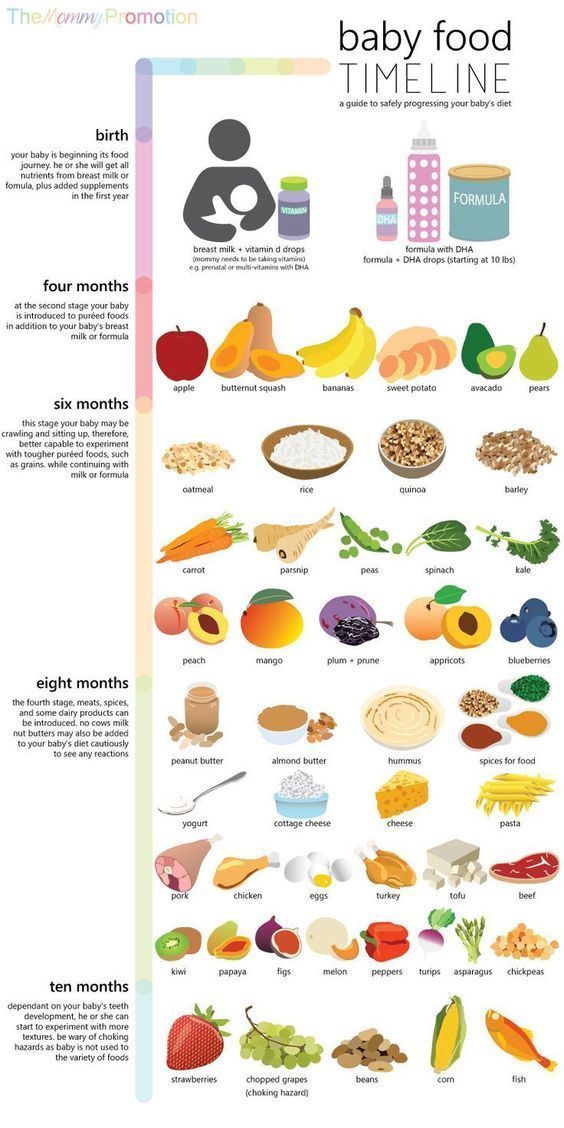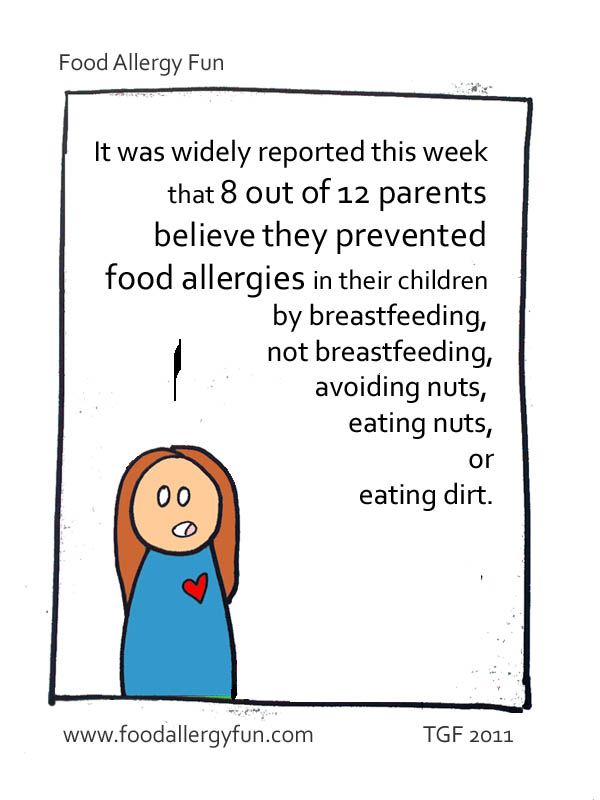How to get baby food out of white clothes
How To Remove Baby Food Stains From Clothes with Ease…
Skip to contentPrevious Next
How To Remove Baby Food Stains From Clothes with Ease…As a parent, you are excited for every milestone— feeding your baby for the first time is no exception. But man, babies are messy eaters! Although, who can resist a sweet grin masked in spaghetti sauce? Stains are an inevitable part of raising children. While you can’t avoid them, there are several tricks to getting them out without a hassle.
Baby Bibs
To protect their clothes, buy bibs. Without adequate coverage, food stains might still get on your babies clothes. And as your little one grows, they can be hard to keep on. Thankfully, some companies have large, silicone bibs with strong snaps and deep pockets that help early on. However, cloth bibs are as prone to staining as clothes. So how do you get those pesky stains outs?
Fruit & Vegetable StainsOften, fruit and vegetables stains are the most difficult to remove. Their natural pigments embed themselves into the fibers of clothes and bibs rather quickly. Here’s a couple things you can use to remove these type of stains. Create your own water and vinegar mixture. You’ll use one part vinegar and two parts vinegar then apply it to the stain. Allow this to sit for ten minutes and proceed to wash as you normally would.
Typically, protein-rich baby food stains don’t pose much of a challenge when it comes time to tackle them. Use a mixture of liquid soap, we find that blue Dawn dish soap works best, and water to pretreat the stain. Let the clothes or bib soak for ten to fifteen minutes then wash as usual.
Oil Based StainsOil stains can damage clothes and bibs when left untreated so it’s important that you act fast. To treat these types of stains, you should apply baking soda or talcum powder to the stain and let it sit for at least fifteen minutes. The powder absorbs and dries the stain.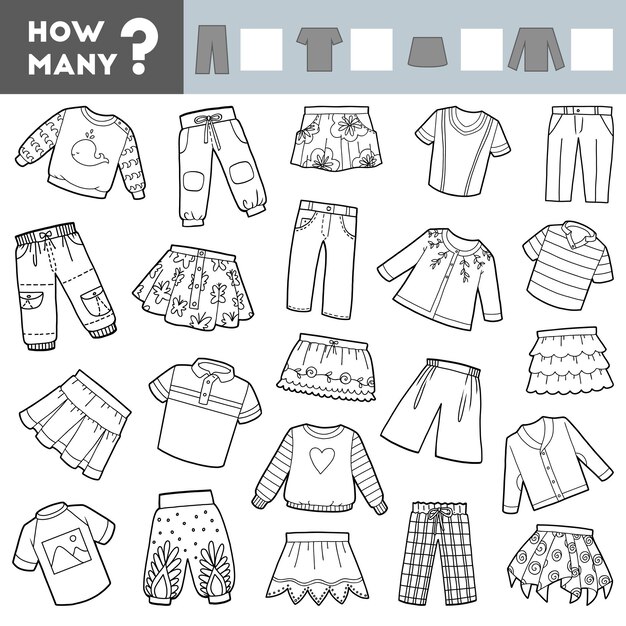 After it has sat, scrape the powder off. You should then apply the same liquid soap/water mixture you would use for protein based stains. Allow this to sit for ten to fifteen minutes before proceeding to wash as normal.
After it has sat, scrape the powder off. You should then apply the same liquid soap/water mixture you would use for protein based stains. Allow this to sit for ten to fifteen minutes before proceeding to wash as normal.
Another effective stain remover spray you can make at home consists of two parts hydrogen peroxide and one part blue Dawn dish soap. Spray onto the stain and allow it to sit for fifteen minutes before washing. Use a spray bottle to make a batch for multiple uses. Want to create a laundry stain remover scrub? Mix one tablespoon of Dawn dish soap with 4 tablespoons of hydrogen peroxide, and 2 tablespoons of baking sodas. Apply a couple spoonfuls to the stain, scrub, then allow to sit overnight and proceed to wash as you usually would. Fels-Naptha Laundry Bar and Stain Remover is a cheap product that works great! You can find this gem at major retail stores for less than a dollar. Use as directed and you’ll be surprised at how even set in stains come out.
Look for us behind Jimmy Johns and Speedway on Leestown Rd or Contact us (859-227-5757) for more information
Open 24 Hours | Meadowthorpe Laundromat | 1407 N Forbes Rd | Lexington, KY 40511
—
About 24 Hr Meadowthorpe Laundromat24 Hr Meadowthorpe Laundromat is a self serve coin laundry, with a variety of washing and drying options. We have large capacity equipment, perfect for blankets, comforters, sleeping bags, and more. We are owned and operated by a Meadowthorpe resident and have better washers and more drying capacity than ever before. We offer customers a clean, safe, and dependable place to get your laundry clean. We also have Free WiFi, snacks, drinks, and laundry supplies available for your convenience.
>> Learn More
Go to Top
How to Get Food Stains out of Baby Clothes
Babies are notoriously messy eaters. Baby food is bound to end up on their clothes, on the walls, on the carpet—basically anywhere about their mouths. Fear not, parents of messy eaters, because there are tried and true methods for removing baby food stains.
Baby food is bound to end up on their clothes, on the walls, on the carpet—basically anywhere about their mouths. Fear not, parents of messy eaters, because there are tried and true methods for removing baby food stains.
Article Content:
How to Remove Food Stains from Baby Clothes?
Those adorable onesies and cute T-shirts you got at your baby shower? They’re going to get messy. Here’s how to get food stains out of baby clothes in a few simple steps.
Step 1: Remove excess
You first move is to get all the heavy gunk off your baby’s clothes by running it under cold water ASAP. If you’ve got a faucet with high water pressure, you’re in good shape.
Step 2: Pre-treat
Before you toss baby’s clothes in the washer, give yourself a fighting chance to get the stain out with a pre-treatment. Dreft Laundry Stain Remover has an advanced cleaning formula to help you tackle the biggest messes. Just spray it directly on the stain and rub it into the fabric.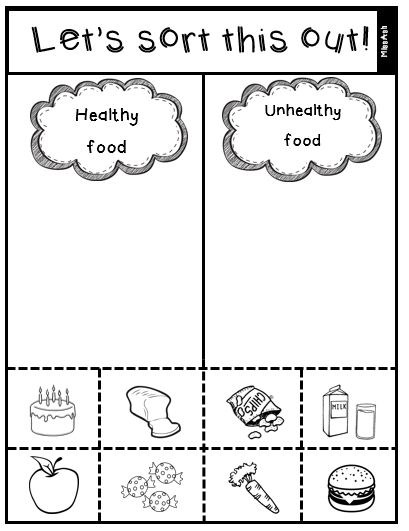 Wait about five minutes and then you’re ready for the next step.
Wait about five minutes and then you’re ready for the next step.
Step 3: Wash
There’s no need to do anything extraordinary here. Wash your clothes on a normal cycle in warm to hot water using the detergent of your choice. Dreft Stage 2: Active Baby Liquid Detergent removes 99% of baby food stains, and it’s safe to use in both standard and high-efficiency washing machines, so it’s a great choice. Whatever detergent you use, there’s no need to overpour—use the cap to measure it out just like you would for any other load of laundry
Step 4: Check the clothes
When the washer buzzes to tell you the cycle has finished, remove the clothes immediately. If one washing doesn’t do the trick, do not put baby’s clothes in the dryer as drying may cause a baby food stain to set in. Instead, repeat the previous steps until the stain goes away.
Step 5: Dry
Once the stain is out, run the wet clothes through the dryer at a normal setting. When the dryer’s done, fold baby’s clothes right away to prevent them from wrinkling.
How to Remove Specific Baby Food Stains
Some food stains are more persistent than others. Here’s what to do when you face one of those hard-to-wash messes.
Fruit and vegetable stains
While blueberries, raspberries, and bananas taste sweet, the stains they leave are tough to treat. A spray-on stain remover will help lift fruit and vegetable mess right out of fabric. If you’re in a jam and don’t have a stain remover on-hand, you can try whipping up a homemade solution of one part vinegar to two parts water and messaging it into the stain. In either case, let the stain soak for a few minutes before washing.
Protein-based stain
Milk, including breast milk, formula, and even spit up can stain baby clothes. In the event of a protein-based stain, you need to act fast. Remove the excess with a cloth, soak it in cold water, and use a pre-treatment like Dreft Laundry Spray before you throw the clothes in the washer.
Oil-based stain
Baby oil can work miracles on diaper rash, but the stains they leave on baby clothes are anything but miraculous.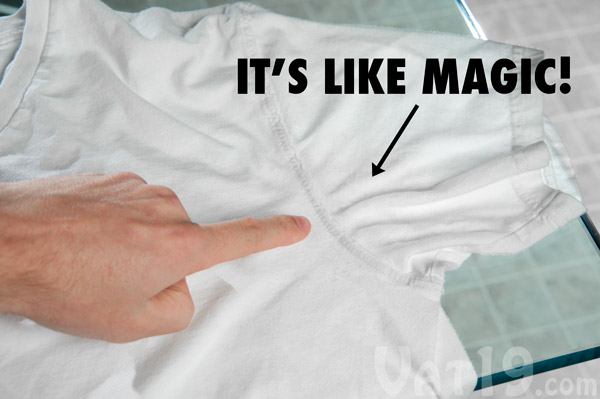 If the stain is fresh, pour some baking powder on it to soak up the liquid. Brush the excess baking soda off baby’s clothes and put some dishwashing soap on the stain. Let it sit for 10 minutes or so, then wash it as usual.
If the stain is fresh, pour some baking powder on it to soak up the liquid. Brush the excess baking soda off baby’s clothes and put some dishwashing soap on the stain. Let it sit for 10 minutes or so, then wash it as usual.
How to Remove Old Baby Food Stains
What do you do when you’re not home, and you’ve got a mess on your hands and on baby’s clothes? First, take a breath—this happens to all parents. When you get home, follow these steps to remove a set-in baby food stain.
Step 1: Soak
For best results, soak the stained clothes in cold water for a few hours or overnight if you can.
Step 2: Pre-treat
Spray on a pre-treatment like Dreft Laundry Stain Remover and let it soak for the maximum recommended time.
Step 3: Wash
Measure out your detergent and pour it in the washer as normal. Wash your clothes on a normal cycle in warm to hot water.
Step 4: Check the clothes
Once a stain has set in, one wash might not be enough to get it out. Unload after the initial wash and check out the garment. If it’s still stained, throw it back in the washer and wash it again.
Unload after the initial wash and check out the garment. If it’s still stained, throw it back in the washer and wash it again.
Step 5: Dry
Once you’re satisfied that the stain is out, toss it in the dryer.
How to Get Baby Food Stains Out of Carpet
Carpet is a magnet for baby food stains, especially new carpet. Here are some steps you can take to clean carpet stains fast.
Step 1: Treat
Use a cloth to sponge up the stain with a dry-cleaning solvent. If you don’t have any on hand, mix two cups of warm water with one tablespoon of liquid dishwashing detergent.
Step 2: Blot
You don’t want to rub the baby food into the carpet, so blot the stain until the liquid is absorbed.
Step 3: Repeat
It might take a few rounds of treating and blotting to get a baby food stain out of carpet. Keep going until the stain disappears.
Step 4: Sponge
Once the stain is out, sponge in some cold water and blot it dry.
Step 5: Refresh
The stink of a baby food stain can last much longer than the sight of it. Dreft Fabric Refresher & Odor Eliminator [Fabric Refresher and Odor Eliminator Spray | Dreft] removes the smell of a baby mess from carpet, fabric, and upholstery.
Dreft Fabric Refresher & Odor Eliminator [Fabric Refresher and Odor Eliminator Spray | Dreft] removes the smell of a baby mess from carpet, fabric, and upholstery.
Babies can’t help being messy. It’s part of the territory. Now that you know how to get food stains out of baby clothes, you’re ready to keep their wardrobe looking brand new, no matter how messy your little one can be.
Get ready for baby
View all articles
How to remove stains from children's clothes, effective ways to remove old stains
How to remove dirt from a child's clothes?
This problem is close to absolutely all families, with newborns and older children. The reasons for the appearance of stains can be different, for example, dampness in the closet, aging of the fabric, improper storage, etc. Often, it is not possible to see stains on the fabric immediately, but it is very difficult to remove stubborn stains from clothes! We have collected for you several effective ways to remove various stains from children's clothes.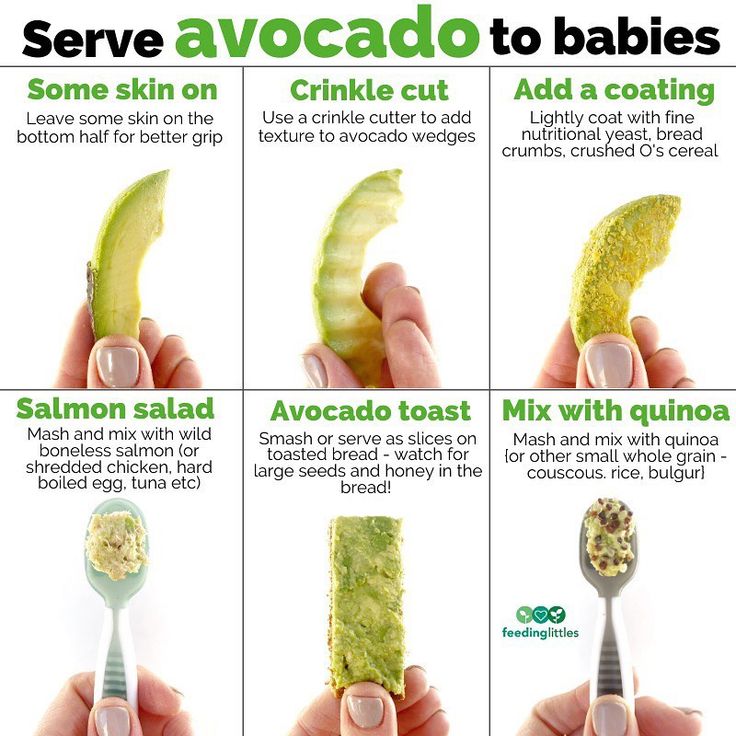
Quick jump to parameters of interest.
- apple wash
- sand wash
- remove yellow stains
- remove old stains
- wash baby socks
- wash children's T-shirts
- wash baby diapers
- wash puree
- remove urine
We remove old yellow stains
Important! Before using chemicals on the right side of the garment, be sure to test them on the side of the seam!
To remove the old spot , use the following method:
- mix 10 ml. hydrogen peroxide, 10 ml. detergent for dishes, 10 gr. baking soda;
- Apply the prepared mixture to the contaminated area and rub lightly.
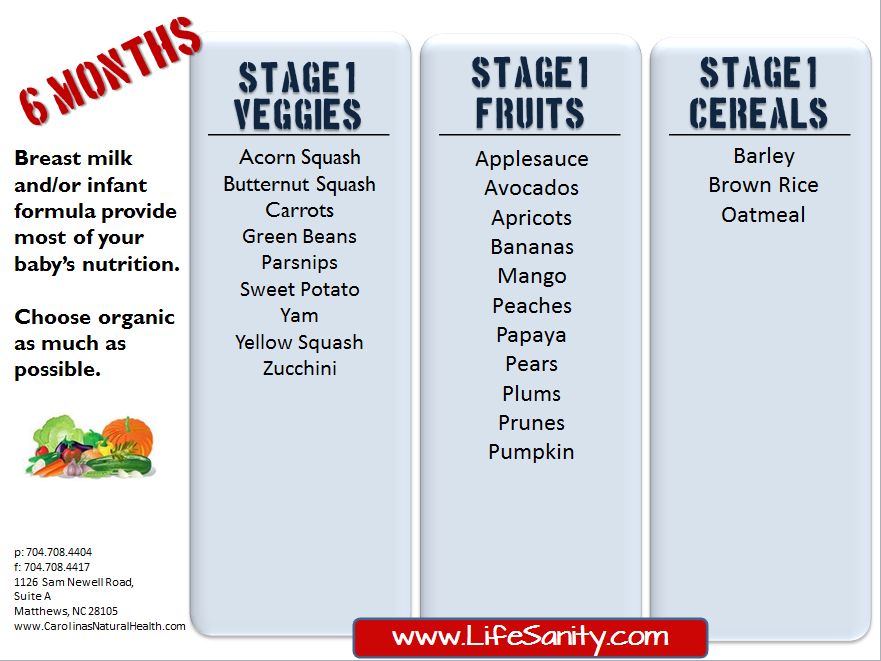 Wash off after 20-25 minutes;
Wash off after 20-25 minutes; - wash the item in the usual way with the addition of a stain remover, having previously applied the prepared mixture to the soiled area again.
Fruit and vegetable stain removal
While eating, small children can get dirty at any time, food stains are common things that have to be washed daily. Each parent has encountered the fact that natural drops from vegetables, berries and fruits are not removed from the child’s clothes during normal washing, what should be done in such cases?
1. To make the thing look like new , it is worth preparing a solution containing citric acid and warm water in the ratio of one liter of water to one tablespoon of acid and soaking. This composition can easily cope with stains on clothes from fruits and berries without additional effort.
2. Laundry soap 72% in everyday life will help get rid of old fruit and vegetable stains. One has only to lather the area of contamination well and soak in a warm soapy solution for several hours. Next, wash the item in the usual way.
Next, wash the item in the usual way.
3. It happens when you have to use more active ingredients to remove stains. To do this, soak a cotton pad in gasoline and carefully treat the contaminated area (from the edges to the center of the stain) with a rubbing action.
4. Another effective option :
- 1 tsp. lemon. acid is mixed with 1 tsp. warm alcohol.
- the resulting solution must be applied to the stain.
- wash the product with a powder that is used for washing children's clothes.
Important! Do not forget about such an important procedure as rinsing children's clothes with any wash. Laundry soap is harmless, but it is your child who may have an intolerance to it.
Very tough dirt
Remove greasy, stubborn stains from children's clothing using only strong chemical solutions. Several cleaning methods:
- Mix ammonia and turpentine in a ratio of 2:1, add two tablespoons of grated toilet soap, then rub this mixture into the stain and wash with powder.
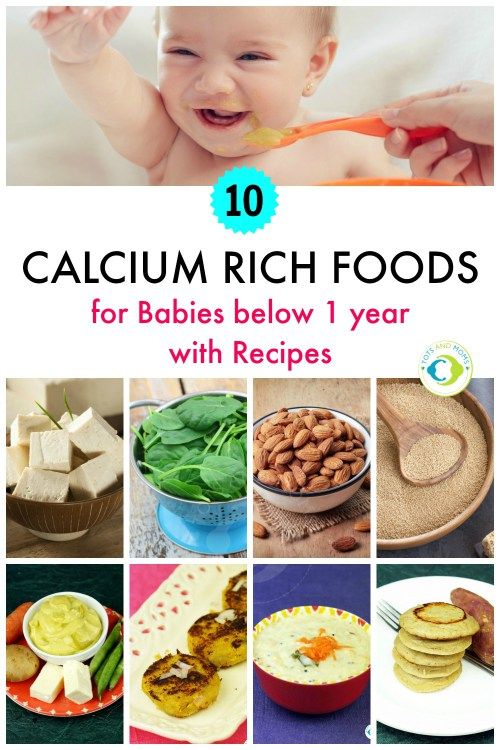
- Combine magnesia with ether to a mushy appearance and gently rub into the stain. Dry and brush off the rest of the mixture.
- Rub a cotton pad previously moistened with gasoline into the stain, then wipe the child's item with the powder.
It is worth noting that all methods of cleaning stains are made using chemicals, so it is worth rinsing children's things thoroughly so as not to cause irritation on the child's skin. It is advisable, after washing in the presented way, to rinse the thing in the machine or rinse it with your hands several times in running water. Also, do not get carried away with various fragrances and conditioners, all this can cause allergies in a child, especially if your child has sensitive skin.
How to remove streaks and stains from delicate baby fabrics
Delicate fabrics are afraid of chemical influences. Therefore, remove contaminated stains from such material as: natural silk, chiffon, satin, velor, velvet, guipure must be very carefully. For this kind of fabric, the following recipe will help well:
Therefore, remove contaminated stains from such material as: natural silk, chiffon, satin, velor, velvet, guipure must be very carefully. For this kind of fabric, the following recipe will help well:
- 10 g of glycerine mixed with 2 drops of alcohol
- carefully mix 2 components
- gently apply on stain
We remove stains from woolen clothes
To remove stains from children's woolen clothes , you need to take 20 grams of glycerin and 200 milliliters of water, mix it all up, and at the end add alcohol - 1 tbsp. l. Apply this solution to the stain, and then rinse thoroughly and dry.
Knowing how to deal with stains will allow you to return your favorite item to your child's wardrobe. Absolutely any mother will need the knowledge and skills to remove contaminants from tissues. That will help to keep the baby's clothes for a long time and give it a new look.
Modern industry produces chemicals based on hydrogen peroxide that effectively clean the fabric and remove spot contaminants, while not harming the child.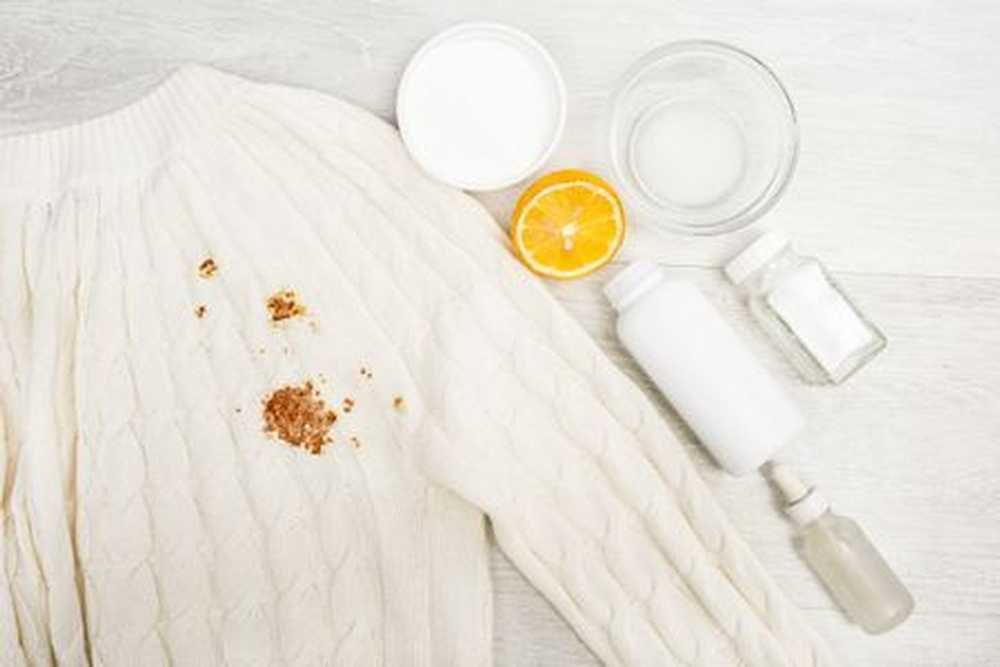
Do not think that stains on children's clothes cannot be washed off. Moreover, there is no need to scold the child for a damaged thing. At the present time, any clothes from almost any stain can be washed off. And it's not about professional dry cleaning or some professional products. It is enough just to know the formula of those components that we have at hand every day.
To remove stains on children's things has long become not a fairy tale or a reality, everything is quite possible to do personally. The main thing is to want and make an effort.
How and with what to remove old stains on children's clothes
nutrition. Your main task is to get rid of them as soon as possible. However, there are cases when yellowish stains are found, for example, on seasonal outerwear, which you pulled out of the closet. Get rid of such contaminants with a normal wash. impossible. That is why it is very important to know how and how to remove old stains from the nursery.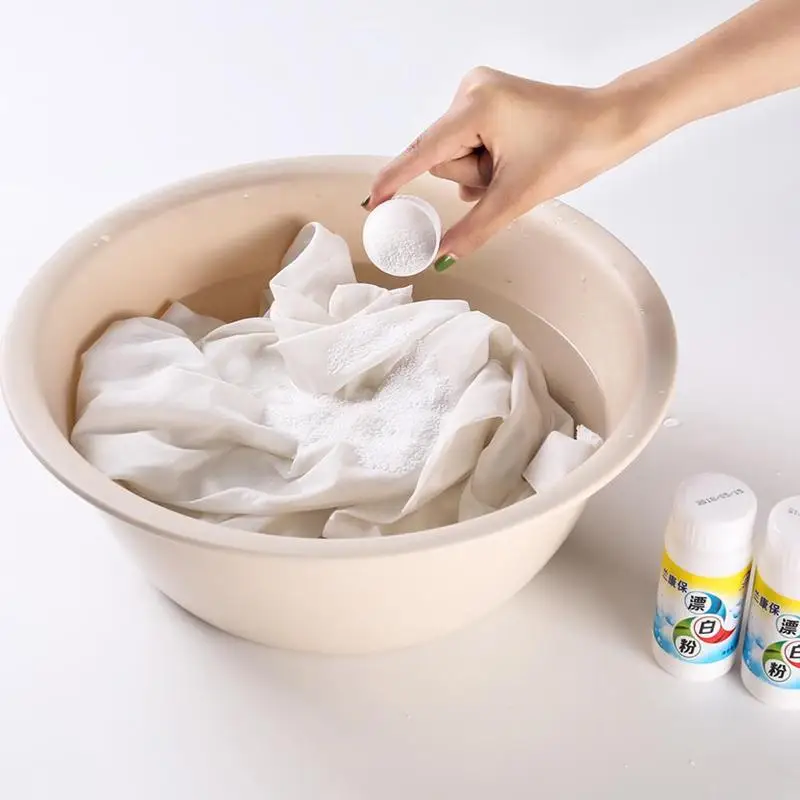 clothes.
clothes.
But be aware that some items require delicate handling. Therefore, the chosen remedy should be as gentle as possible.
We also recommend that you follow these simple rules:
-
Do not be lazy to sort clothes before washing: whites in one pile, colored ones in another. Items with old stains should be sorted separately as they are not suitable for washing. more effort will be required.
-
Try to determine what exactly caused stains on a particular T-shirt. Fat traces are distinguished by blurred contours, and there is no color as such. Spilled juice or contamination from fruit is characterized by dark contours. If clearly the yellowish or brownish color of the stain is different, then it has already managed to be strongly absorbed into textile.
-
Look at labels on items. With the help of the signs indicated on them, manufacturers clothes tell us how to properly care for products (optimal washing, the possibility of ironing, spinning, bleaching, etc.
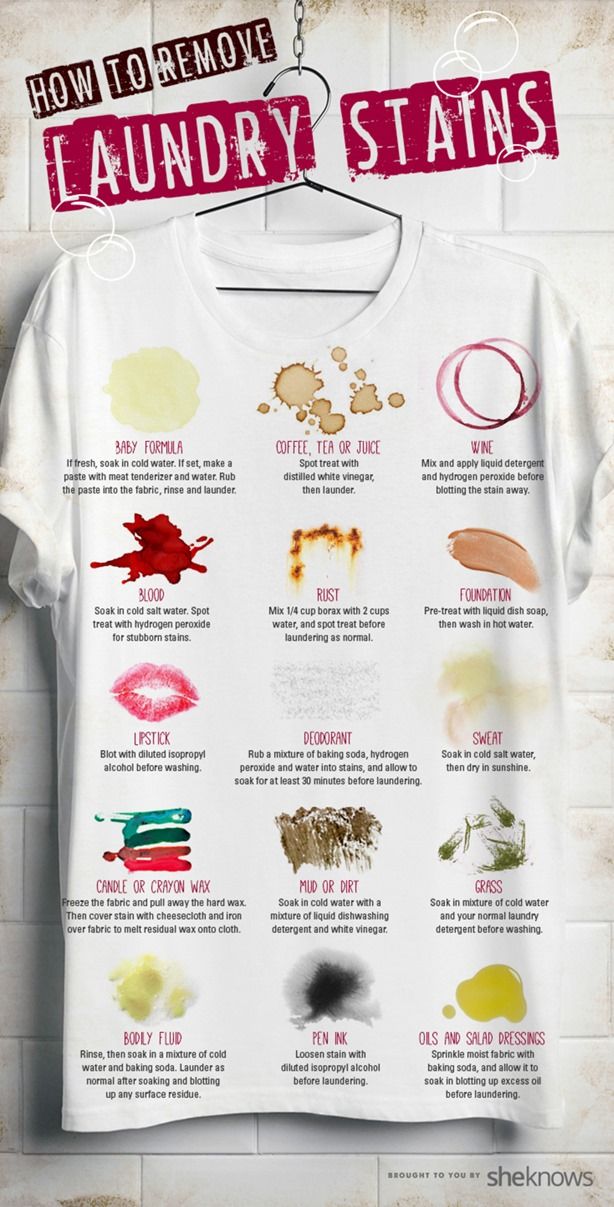 ).
).
Fighting old stains
A popular folk recipe is suitable for this purpose. As the main components, thanks to which it will be possible to remove the old stain, peroxide acts hydrogen, dishwashing detergent and soda. Take them in approximately the same proportions, stir until a homogeneous slurry is obtained. Then, using a sponge, apply the mass to problem areas, soak for at least 20 minutes, and then rinse thoroughly with lukewarm water. If the impurities are not gone, then repeat the procedure. Often in large families, well-preserved sweaters, pants and T-shirts pass from older children to younger ones. In this case, it will be even more difficult to remove the stubborn dirt. How to wash children's things from old stains? One of the most effective home methods is to use vegetable oil. Dissolve in 5 liters of warm water 150 grams of washing powder and pour a couple of tablespoons of vegetable oil. Soak things overnight. Finally, wash the item in a convenient way.
Mini-survey
Have any new types of dirt/stains appeared on your clothes during the self-isolation regime?
Yes, new types of spots were encountered
0%
There were few new types of spots
0%
No, there were no new types of spots
0%
0 Spots from 9005 herbs, although they are not old, but getting rid of them can be very difficult. Try rubbing the mark with a cotton pad soaked in alcohol. You can leave cotton for a quarter of an hour. For greater effectiveness, prepare vinegar and soda paste by mixing components 1:1. Put a couple of drops of dishwashing detergent into the paste, apply it to problem areas, soak for 15 minutes.
Removing fruit stains
The tactics of struggle will depend on how much dirt found on clothes, "fresh". Dried fruit marks require pre-soaking. For this you you will need hot water in which you need to pour citric acid (1 tablespoon citric acid per liter of liquid).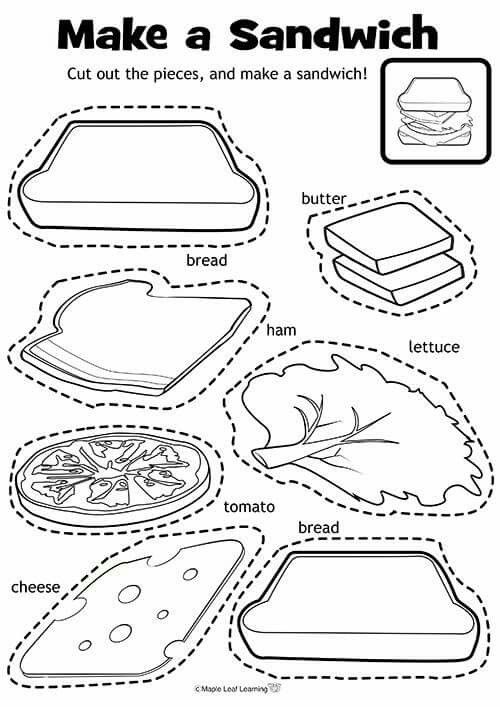 Immerse the item in the prepared solution and leave for half an hour or an hour. Then carefully rub the stains with a stain remover for baby clothes and wait another 20 minutes. After the specified time, wash the product. Fresh contamination from fruits and berries does not require soaking. Enough to decompose T-shirts in the bathtub or sink and slowly pour the above solution over them.
Immerse the item in the prepared solution and leave for half an hour or an hour. Then carefully rub the stains with a stain remover for baby clothes and wait another 20 minutes. After the specified time, wash the product. Fresh contamination from fruits and berries does not require soaking. Enough to decompose T-shirts in the bathtub or sink and slowly pour the above solution over them.
Please note that the water must be very hot, almost boiling. Then the traces will go away easily. But remember that only cotton can be processed with boiling water. fabrics. Synthetic, silk or wool garments deform when exposed to high temperature.
When the fruit stains have had time to slightly soak into the fibers of the fabric, treat them a bar of laundry soap or prepare a soap paste. Grate a small a bar of soap, add a couple of drops of water until you get a soap slurry, and then apply obtained agent for pollution.
Yellow stains: top ways to remove them
Such stains are characterized by strong absorption into the fibers of the fabric.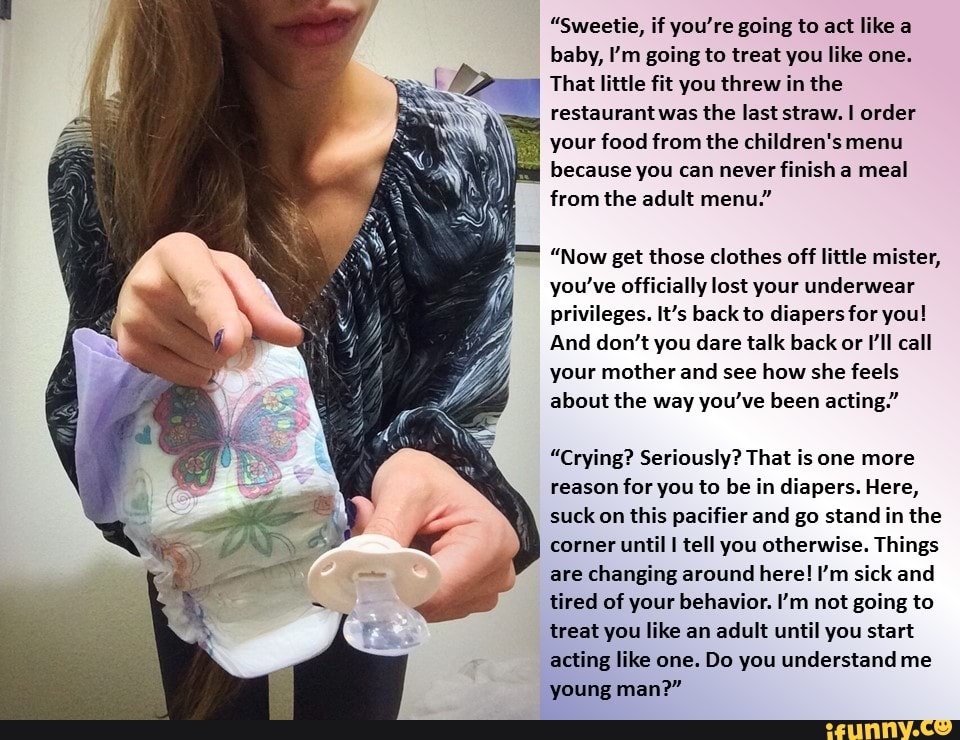 Remains sweat, urine, dairy products on colored clothes are not very noticeable. But white t-shirts Socks or tights can be permanently damaged if they are not washed in time. We suggest you try some of the most effective folk methods:
Remains sweat, urine, dairy products on colored clothes are not very noticeable. But white t-shirts Socks or tights can be permanently damaged if they are not washed in time. We suggest you try some of the most effective folk methods:
-
Alcohol solution with citric acid. Mix the components in equal proportions, wait for the citric acid to dissolve, then apply the product on yellow streaks for a few minutes.
-
Mixture of vegetable oil, powder and stain remover (1:1:1). received rub the problem areas with gruel, and pour the rest of the mixture into a basin with warm water and soak things for 1-2 hours.
-
Boric acid solution, weak concentration. To 5 liters of warm water, pour 2 tablespoons spoons of acid, soak dirty T-shirts and socks for several hours.
-
Hydrogen peroxide. Saturate the dirt with it, iron it.
We remove stains from baby clothes
If you are parents or grandparents, then with stains on baby clothes you have to deal with every day.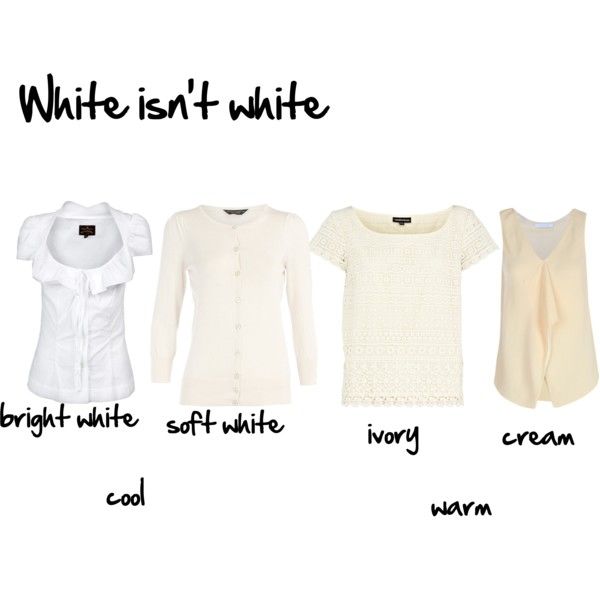 Milk, milk formula, puree for the first feeding, traces of feces or urine. In addition, babies in the first months of life quite often regurgitate, which also entails the appearance of ugly pollution. For example, laundry soap does a good job of removing urine and stool marks. First you need to immerse the panties and sliders in hot water, leaving them to liquid cooling. Then rub them with a bar of laundry soap, wash by hand, rinse.
Milk, milk formula, puree for the first feeding, traces of feces or urine. In addition, babies in the first months of life quite often regurgitate, which also entails the appearance of ugly pollution. For example, laundry soap does a good job of removing urine and stool marks. First you need to immerse the panties and sliders in hot water, leaving them to liquid cooling. Then rub them with a bar of laundry soap, wash by hand, rinse.
How to remove baby food and cereal stains from clothes
How to remove baby food stains from clothes? Let's look at a few best practices:
-
Aspirin paste. Crush 2-3 aspirin tablets and put a couple of drops on them water until a paste is obtained. This method will help get rid of milk stains, milk mixture and porridge. Pre-soak things in cold water for 1-2 hours.
-
Whitening toothpaste/washing gel. Take note that they solve the problem of dairy product residues on bodysuits and slips.
How to remove baby puree stains? Best for dealing with pollution resulting from the introduction of the first complementary foods, stain remover.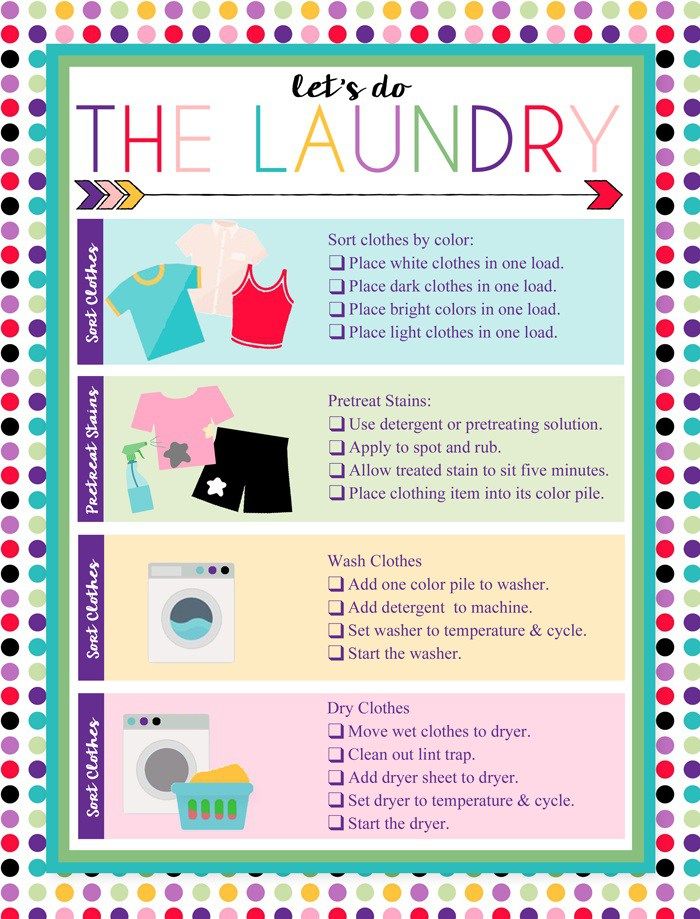
Mandatory condition - washing clothes after the manipulations with using washing powder marked 0+. Stain remover is also needed exclusively for baby clothes.
We get rid of stains on delicate fabrics
Delicate fabrics require more careful handling. With dirt on silk, For satin or chiffon fabrics, a mixture of glycerin and ammonia will do just fine. For her cooking, take a tablespoon of glycerin, drop a couple of drops of ammonia to it alcohol, treat dirty residues. It is best to leave the mixture for 15 minutes and then rinse.
Removing dirt from wool
Wool is also a delicate fabric. It is necessary to choose not only sparing means, but also take into account that the temperature of the water during washing should not exceed + 40 ° C. Otherwise, the fabric is deformed: it will sit or stretch.
As active ingredients you will need:
Mix the components, apply to problem areas, rub gently with your hands, rinse.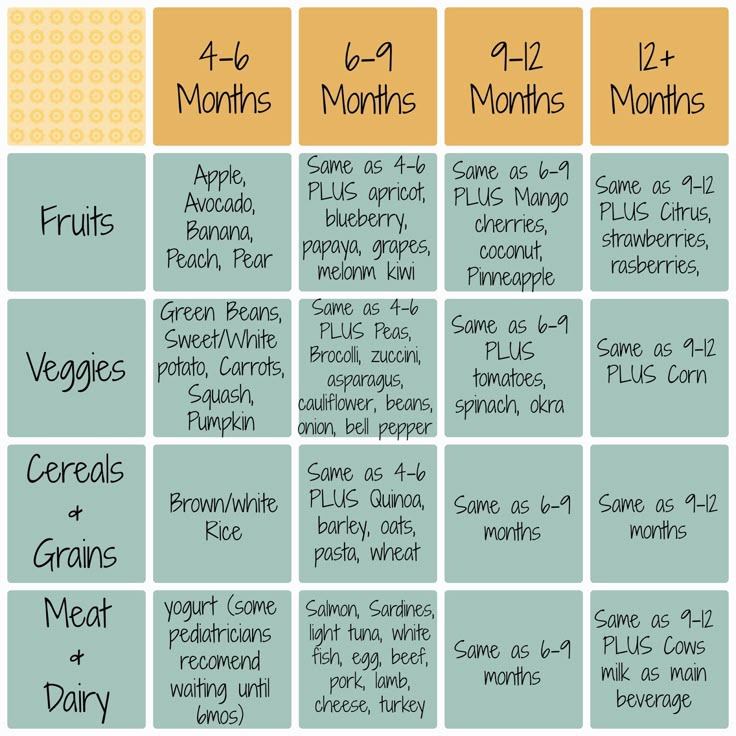 In conclusion, we erase in the usual way.
In conclusion, we erase in the usual way.
Powerful stain remover
Unfortunately, not all traditional methods are 100% effective. While the recipes require some effort to prepare, as well as time to soak. How to wash children's things from stains of fat, tomato juice, porridge, mashed potatoes and grass for a matter of minutes? We recommend using Cif Universal Ultra Fast Spray. It must be sprayed on dirt, clean the surface with a sponge or cloth, and then rinse under running water.
Whitening clothes
Underwear and T-shirts/bodysuits are the most soiled. Often they require bleaching. As a safe bleaching solution, you can use ammonia-soda solution (in 1 liter of water, dissolve 1 teaspoon ammonia and soda). Soak the bodysuit for 2-3 hours and wash.
Which detergents should not be used?
Carefully study the composition of the detergent before buying. It shouldn't contain phosphates, surfactants, and various fragrances.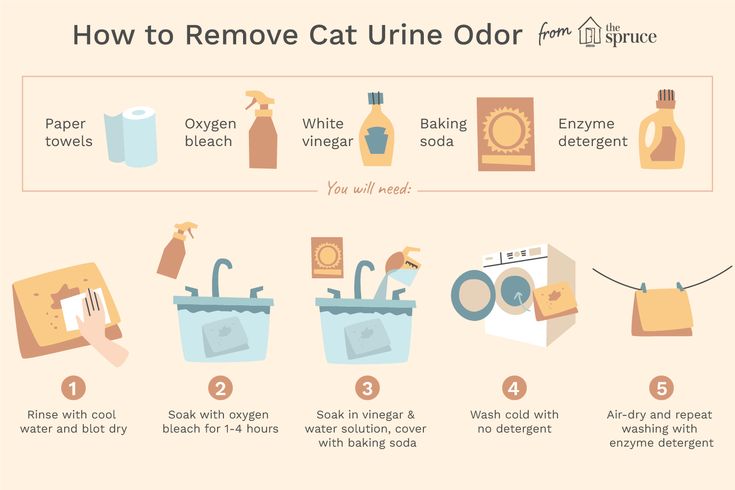 They can be toxic, cause skin irritation, allergic reactions.
They can be toxic, cause skin irritation, allergic reactions.
Choose only tested and proven powders. Even the child is no longer a baby, it is still better to buy funds marked 0+.
At what temperature is it better to wash
The labels on the clothes will help you figure it out. They usually contain comprehensive information on how to wash a particular thing. If the tag is already cut, then refer to the composition of the fabric:
-
Cotton things perfectly tolerate water temperatures up to +95°C;
-
Synthetic fabrics - up to +60°C;
-
Linen - up to +90°C;
-
Delicate silk, wool, satin is best washed at a water temperature not exceeding +40 ° C.
Washing mode selection depends on the composition of the fabric). Modern washing machines contain many programs, so you can easily choose the right one. For example, things for babies are most often made from cotton fabrics.
